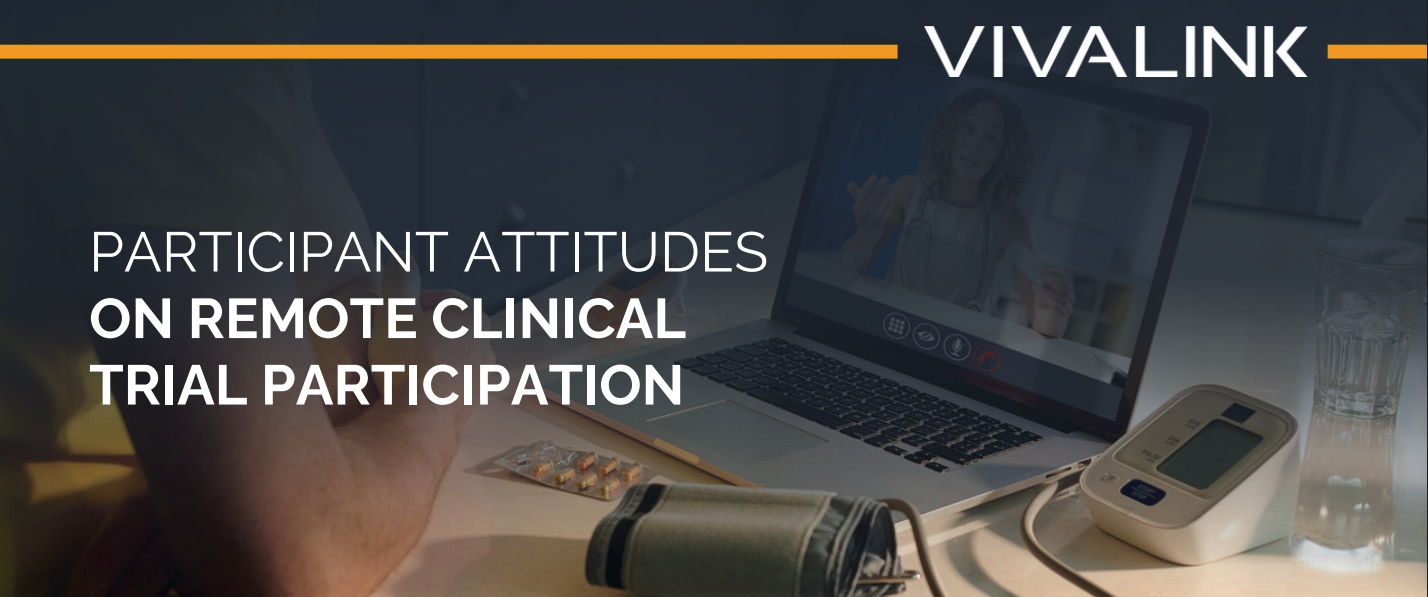
What You Should Know:
– A new survey shows that remote clinical trials are not just a convenient option but a key factor in whether people choose to participate in research at all.
– The survey, conducted by digital healthcare solutions provider Vivalink, found that nearly 90% of Americans are open to participating in fully remote trials, signaling a major shift in patient expectations.
A Clear Preference for Virtual Trials
The survey, which polled over 200 U.S. adults, highlighted a strong preference for trials that include virtual elements:
- 52% of respondents said they are very likely to join a fully remote clinical trial, compared to just 34% who said the same about traditional in-person trials.
- While 78% were open to participating in person, a notable 22% ruled out in-person trials entirely.
- Hybrid trials are also popular, with 37% saying they are very likely to join one and 52% being somewhat likely.
User Experience is the Top Driver
When deciding whether to join a trial, participants are most influenced by the overall user experience. The most important considerations for respondents were:
- Easy-to-use tools (70%).
- Financial compensation (56%).
- Clear and consistent communication (55%).
For wearable devices specifically, participants emphasized the importance of using FDA-cleared devices and having reliable access to tech support.
Comfort and Clarity are Key to Retention
Keeping participants enrolled in a trial is just as important as recruiting them. The survey found that physical discomfort and unclear expectations are major reasons why someone might leave a trial early.
- 68% cited physical discomfort as the top reason they would leave a trial.
- 51% pointed to unclear expectations from the trial organizers.
- 47% said difficulty using the technology, even with support, would cause them to drop out.
The time commitment is also a significant factor, with 57% of respondents willing to participate only in a trial lasting three months or less.
“It’s clear from these findings that remote clinical trials are more than just a convenience; they’re a prerequisite for many people considering participation,” said Jiang Li, CEO at Vivalink. “As virtual trials become more common, designing them around patient experience, not just logistics, will be key to successful recruitment and retention.”
